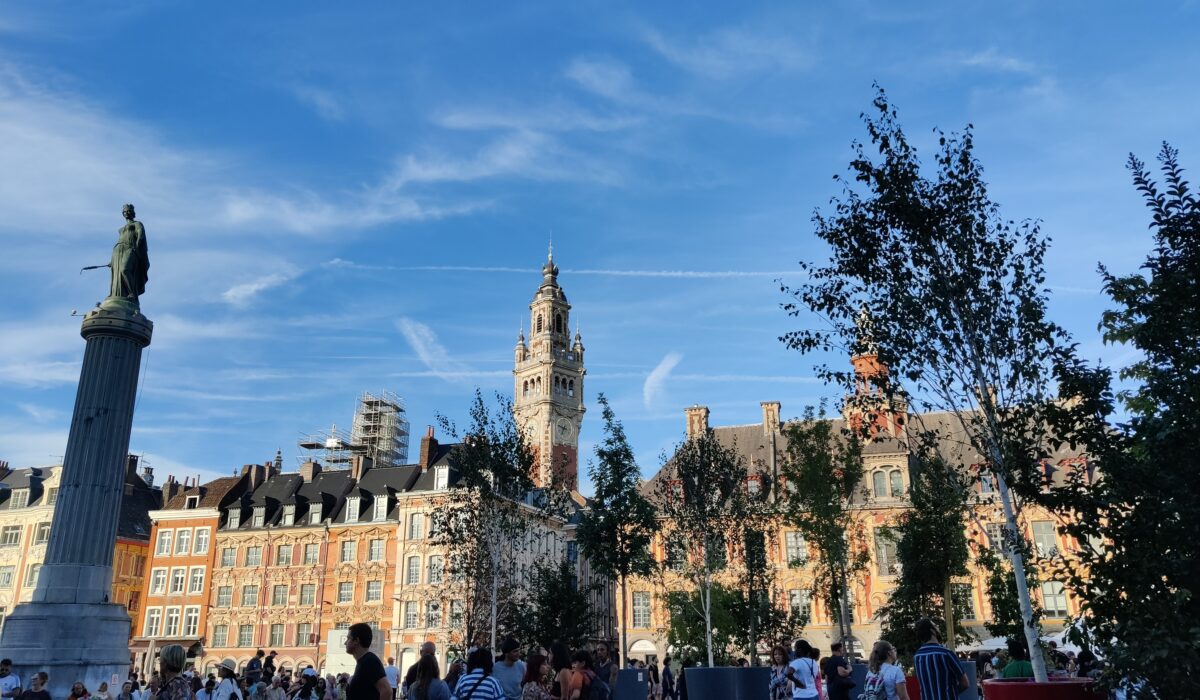Dr Teresa Lappe-Osthege presented her research on the policy impact of transboundary environmental crime at the annual UACES conference in Lille (5-8 September 2022).
In her presentation, Dr Teresa Lappe-Osthege illustrated how the illegal bird trade from the Western Balkans into the EU can undermine key EU policy objectives on bird conservation and thereby affect how EU policy effectiveness is assessed. Synthesising insights from EU studies, political ecology and green criminology, she highlighted that unlike policy debates would suggest, the illegal bird trade is not merely an issue of weaker law enforcement and patchy national legislation in the Western Balkans. Instead, drawing on findings of her field research across the region, her work points towards illegal activity being displaced from Member States to the EU’s neighbourhood. Her findings have crucial implications for the design and implementation of effective responses to curb the illegal bird trade across Europe, which must a) correspond to the ecosystemic dynamics (such as migratory bird flyways) , and b) place greater emphasis on targeting demand dynamics within the EU.

The conference also featured highlights on broader issues of EU green policies. In his opening lecture, Prof Paul Magnette explored pitfalls and opportunities for the EU Green Deal to turn the EU into a civilian power, addressing pressing social and environmental inequalities across the Union. He outlined avenues for a substantial reconfiguration of the Union in the face of the multifaceted crises of the last few years. These issues were explored from various angles in more depth in different panels on environmental politics in the EU. The panel on the ‘Evolution of a European Environmental Conscience’, co-organised by Prof Thomas Hoerber and Dr Rosa Fernandez Martin, examined the emergence and practical implications of sustainability conceptions across different policy areas and institutions. The role of justice in guiding policy decisions was a recurring theme; the panel on the ‘Governance of Global Spaces’, chaired by Dr Matthieu Burnay, critically examined the role and legacy of the EU in the governance of ‘global spaces’.
